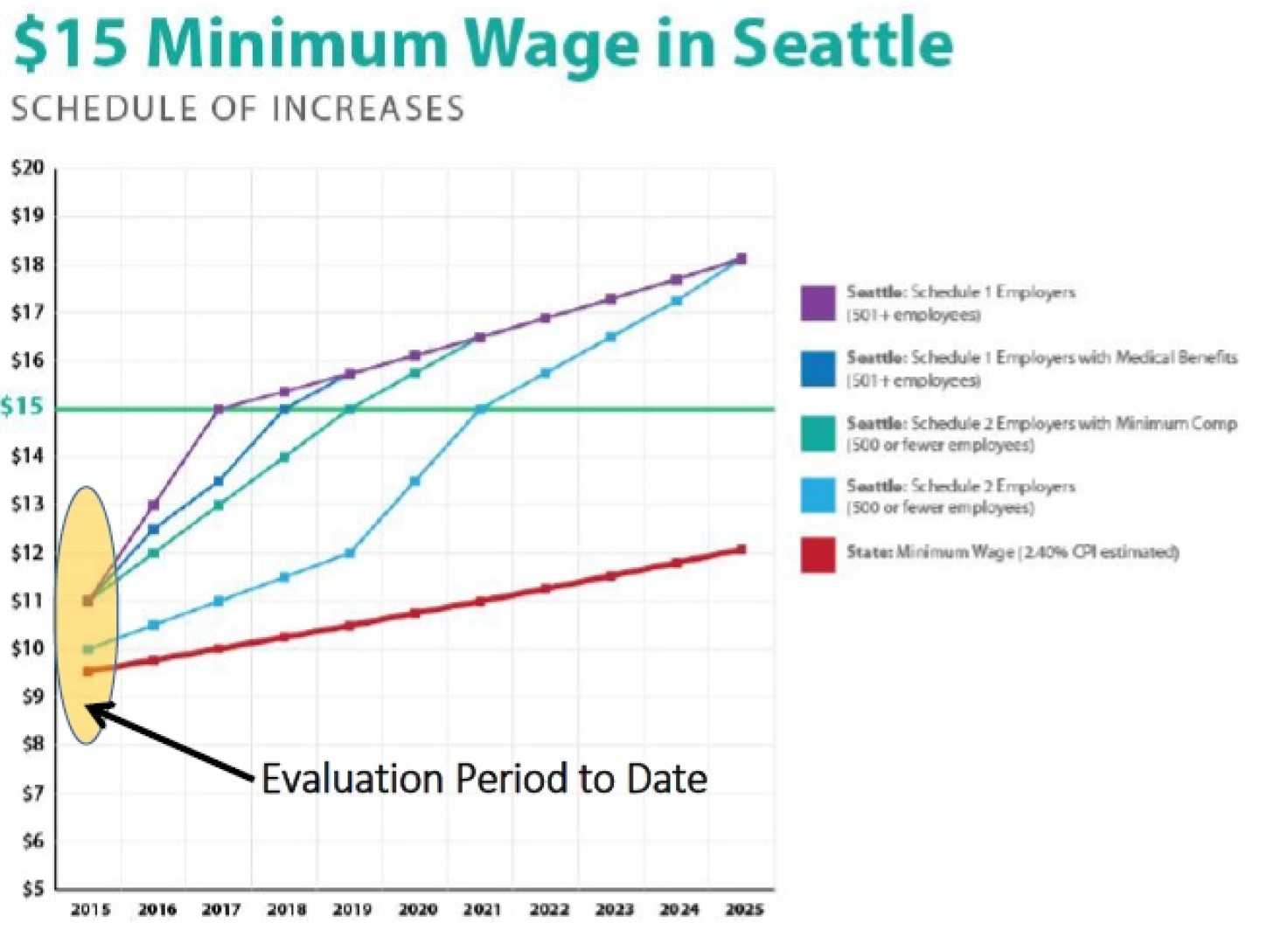News
Seattle’s Minimum Wage Changes and Federal Contractor Wage Increase

Seattle, Washington – On October 4, 2024, Seattle Mayor Bruce Harrell issued a statement following the announcement from the Office of Labor Standards regarding changes to the wages in the city. Mayor Harrell highlighted Seattle’s standing as having one of the highest minimum wages in the nation, calling it beneficial for both local workers and the economy.
Mayor Harrell stated, “My mission is the same now as it was then – ensuring Seattle is both a great place for workers and a great place for small businesses.” He expressed concerns about the expiration of the temporary tip credit for small businesses on January 1, a provision in the minimum wage law initially passed in 2014.
While the removal of the tip credit is aimed at promoting wage fairness, Harrell acknowledged it poses a significant challenge for many small businesses recovering from the pandemic and inflation. “Our office convened discussions to help address the concerns of all stakeholders,” he added.
In parallel news, the U.S. Labor Department announced on Monday an increase in the minimum wage for federal contractors. Effective next January, the minimum wage for these workers will rise to $17.75 per hour. This development follows the executive order by President Joe Biden in 2021, which expanded the federal minimum wage to cover contractor workers.
The new wage applies to federal contracts signed, renewed, or extended after January 30, 2022, whereas contracts predating this date are governed by a prior executive order signed by President Obama. The wage increase represents a 3.2% boost to the wage floor for contractors.
For contracts dated before January 2022, the non-tipped minimum wage will rise from $12.90 to $13.30 per hour, a 3.1% hike, while tipped workers will see a 25-cent increase to $9.30 for cash wages.
Labor Department officials noted that they anticipate most federal contracts will soon fall under the Biden administration’s executive order, thus simplifying the current system. However, older contracts remain subject to the regulations established under the Obama administration for the time being.












